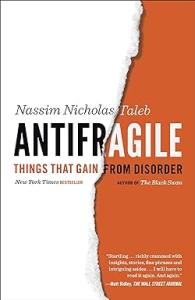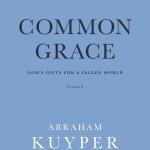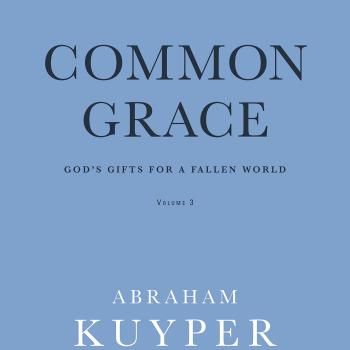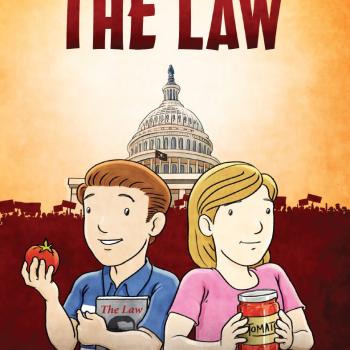How do we respond when things go wrong? When disaster strikes, when we suffer, when the hard times come? There are three options: We can collapse under the stress, in which case we are “fragile.” Maybe we are strong enough to endure and survive the catastrophe more or less unscathed, in which case we are “robust.” But maybe some of us are the sort of people (or objects, ideas, or institutions) who not only endure suffering but are actually made better by it. This last category is the “antifragile.” At least, all that according to Nassim Nicholas Taleb in his 2012 book Antifragile: Things that Gain from Disorder.

Obviously as Christians we are going to think there’s something to this. We expect to suffer in the world, and in that suffering to mature in Christ. For that matter, our King suffered for us, was the ‘Man of Sorrows’ and through His suffering set us free from our sin. Our good was accomplished by His pain.
On a more mundane level, suffering is one of the ways we grow in the world. Children learn to walk, and in doing so put stress on their legs, which develops their leg muscles, which enable them to walk more, which puts more stress on their leg muscles, etc. Athletes put stress on their minds and bodies more generally; intellectuals grow when the put mental stress on themselves by exploring new and unfamiliar ideas; farmers have to stress the soil with a plow to raise crops, and then kills the crops to harvest–both historically by the sweat of their brow. And so on. It is hard to think of something in the world that doesn’t benefit from pain and suffering–or the broad phrase in the subtitle: “disorder.”
And yet, I think we have to be a bit careful here. To say that there will be suffering in the world and that we should grow from and through it is not the same thing as saying that suffering is a good thing. It is a reality, and it might at times have good effects, but it is not good itself. The blessing that comes from salvation is a good thing, but the crucifixion was the greatest injustice in the history of the world. The liberation of Europe during World War 2 was a good thing with a positive result, but let’s not pretend the horrors of World War 2 were inherently good.
Likewise, the tone of this book is off-putting, and that’s deeply unfortunate because Antifragile is an interesting book that needs to be read. But those who might be convinced of its arguments might also be put off by the condescension dripping off may of its pages, while those who are in agreement won’t necessarily be helped by this. No doubt the author would say I’m “fragile.” Maybe so. But that doesn’t change the fact that we should speak gentle and kindly even when speaking hard truths. A second edition of this book (or a different book making the same argument) would be a great benefit.
Dr. Coyle Neal is co-host of the City of Man Podcast an Amazon Associate (which is linked in this blog), and an Associate Professor of Political Science at Southwest Baptist University in Bolivar, MO








